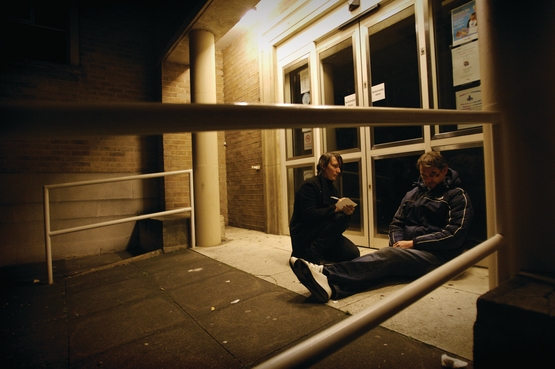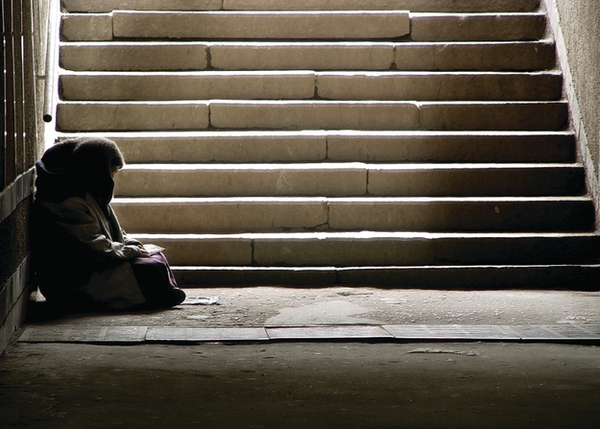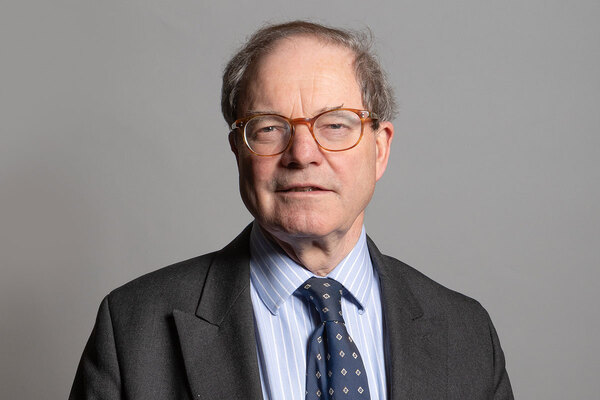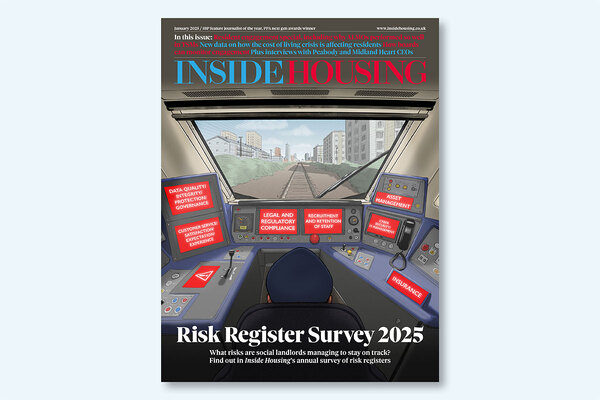Disappointment at homelessness strategy
Homelessness organisations have expressed disappointment at the long-awaited government strategy for preventing homelessness.
The government released its report Making every contact count today, which was originally expected in May, in the face of a 16 per cent rise in homelessness over the last year to 13,130 cases.
It encourages better cross-service working between councils, charities, health services and the police to focus on earlier support for people likely to become homeless.
But it does not tackle the concern charities had after seeing the draft in March, that the strategy did not penalise failing councils.
Homeless Link, the umbrella body for homelessness charities, called on the government to come up with ‘a way to hold organisations to account if they don’t provide good services’.
Rick Henderson, chief executive of Homeless Link, added: ‘With the potential for welfare reform to further fuel homeless numbers and funding cuts to the very services that help homeless people, this report lacks detail on how this vision will be achieved in practice.’
Bob Baker, director of charity The Simon Community, said: ‘Some borough will take it seriously and others won’t.’ He also did not feel there was anything for entrenched rough sleepers in the report and was worried the payment-by-results funding element in it ‘risks favouring the easier cases’.
Charity Shelter’s chief executive, Campbell Robb, said: ‘Good intentions must now be backed up with effective action’. This included making ‘sure councils are doing all they can to help homeless families in their area’.
Alison Gelder, director of Christian homelessness charity Housing Justice, said: ‘It’s a shame the focus is always on services the government will find and commission and no mention is made of the vital contribution of unfounded faith-based services of the sort Housing Justice members provide.’
Mike Jones, chair of the Local Government Association environment board, said: ‘The challenges laid down in this report [also] miss the bigger picture. One of the best ways to tackle homelessness is with bricks and mortar.’
Mr Shapps will said: ‘Every single contact these vulnerable people have with our public services – from council drop-ins to healthcare visits – should be made to count, turning prevention into the cure for anyone facing the real and frightening prospect of sleeping on the streets.’
He also announced £3.5million from the £20 million homelessness transition fund will be handed over to 21 homelessness charities to fund rough sleeper schemes.
This was the second report from the inter-departmental ministerial working group, set up in 2010 to prevent homelessness. The first focused on preventing rough sleeping.









